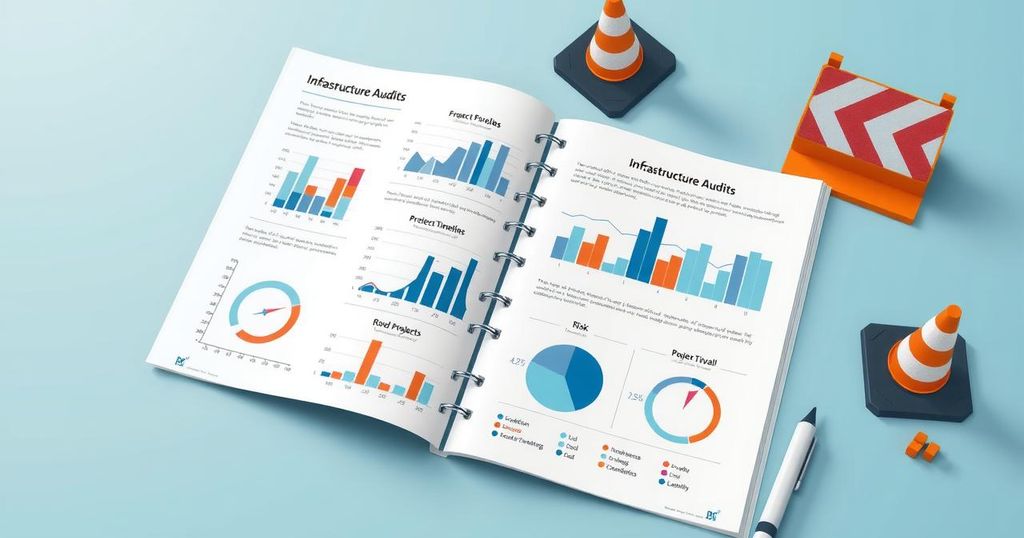Inflation in Nigeria is driving a significant rise in entrepreneurship as citizens turn to business ventures for financial survival. A study by PiggyVest indicated that 31% of Nigerians view starting a business as their primary short-term savings goal. The trend is largely influenced by rising costs and reduced purchasing power, as well as the need for diverse income streams, particularly among women.
In Nigeria, the ongoing inflation is reshaping economic behaviors, propelling citizens toward entrepreneurship as a vital strategy for survival. A recent survey conducted by PiggyVest Finance Roundtable, involving over 10,000 participants, found that 31 percent of Nigerians now see starting a business as their primary short-term savings objective. This shift emphasizes the need for many to embrace entrepreneurship primarily due to rising costs and reduced purchasing power.
The PiggyVest survey explored various factors impacting the lives of Nigerians, indicating that 31 percent prioritize starting or expanding a business as their second most important savings goal. Alarmingly, nearly one in four Nigerians is reportedly in debt due to the financial pressures of business pursuits. Interestingly, the survey also revealed that 26 percent of Nigerians own a business, with women showing a higher tendency towards ownership compared to their male counterparts.
In January 2024, Nigeria experienced a sharp increase in headline inflation, soaring to 29.90 percent, and culminating in a staggering 34.80 percent by year-end. Such inflation strips away purchasing power and highlights the necessity for individuals to explore multiple income streams. The situation is dire, witnessing soaring food prices and currency volatility, which hinder businesses and consumers alike.
Recent social media discussions have surfaced on platforms such as X (formerly Twitter), where many Nigerians expressed that their entrepreneurial endeavors stem from dire economic conditions rather than personal ambition. A prominent tweet encapsulated this sentiment, stating, “Most Nigerians aren’t entrepreneurs by choice. It’s a necessity to supplement income from a job or if no job is available.”
According to PWC, small businesses constitute 96 percent of Nigerian enterprises, significantly contributing to employment and approximately 46.3 percent of the national GDP. The PiggyVest report underscores that women are more likely to establish businesses than men. Commenting on these trends, Ibiyinka Ibru noted that women’s exclusion from conventional jobs, particularly during family formation, often leads them to initiate micro-businesses aimed at survival rather than growth.
Insights derived from the report influence PiggyVest’s product development strategies. Eweniyi stated that modifications were made last year to target savings products following a surge in relocation savings due to the phenomenon referred to as ‘Japa.’ In alignment with evolving economic conditions, consumers are increasingly prioritizing savings for business ventures and financial independence. To accommodate this trend, PiggyVest has launched platforms, such as PiggyVest Business, to facilitate enhanced financial management for entrepreneurs. The interest in maximizing returns on investments reflects a broader shift in focus among the populace.
The surging inflation in Nigeria is not just creating financial distress, but it is also acting as a catalyst for entrepreneurship among its citizens. As individuals adapt to challenging economic circumstances, there is a noticeable pivot towards business ventures for financial security. This response indicates a necessity-driven entrepreneurial spirit rooted in survival rather than ambition. The evolving economic landscape will continue to influence the prioritization of business initiatives and financial strategies among Nigerians.
Original Source: businessday.ng




